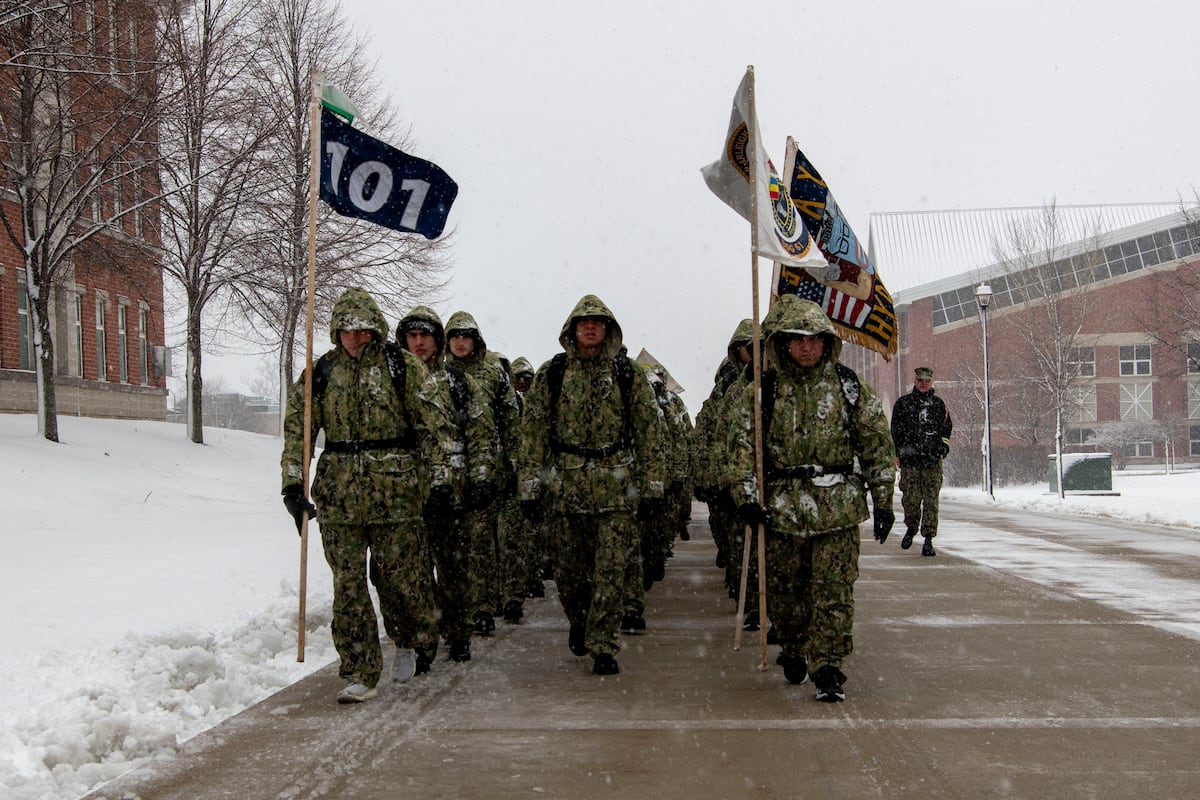- Reaction score
- 8,496
- Points
- 1,160

Navy to cut boot camp from 10 weeks to nine
The Navy is revamping its curriculum to “eliminate redundant training."
Is Army training the best standard for the modern forces? Or do the technical services, the Navy, Air Force, Space, Cyber, Log, offer a better standard?
Are we assuming that everybody needs to be Rambo-fit when the population doesn't meet that standard and most jobs don't require that standard?
...
I noticed that the USN Basic was as short as 8 weeks before being raised to 10 weeks.

